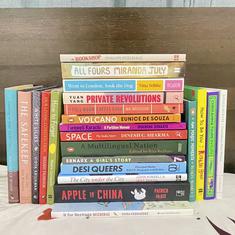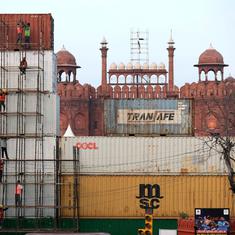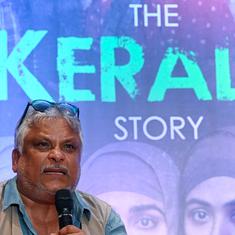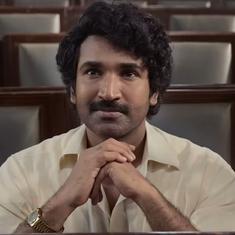Video: Framed as terrorists, lives lost in jail
Two Muslim men discuss the systematic bias against the community.
Mohammed Aamir was 18 when he was arrested in 1998 and charged in 19 terror-related cases, mostly related to bomb blasts in Delhi and other North Indian cities. After nearly 14 years in jail, he was acquitted in each of them. The courts found no credible evidence linking him to the crimes.
Since his release, Aamir has become a human rights activist and is now a senior member of Karwan e Mohabbat, where he works closely with families affected by communal and hate violence. He is also the author of Framed as a Terrorist: My 14-Year Struggle to Prove My Innocence, which documents the details of his arrest, incarceration and eventual acquittal.
Abdul Wahid Sheikh, a schoolteacher in Mumbai, was arrested in connection with the 2006 Mumbai train bombings. He spent nine years in prison before being acquitted in 2015. Recently, 12 more men accused in the same case were acquitted after nearly 19 years, raising further questions about the credibility of the investigations.
Wahid is now an academic and prisoners’ rights activist. He has completed a PhD in criminal justice and counterterrorism laws and writes and lectures extensively on wrongful incarceration. He is the author of Begunah Qaidi, a detailed first-person account of custodial torture, police misconduct and the structural failures of the justice system.
In this episode of our discussion series on the State of the Republic, Aamir and Wahid share with author and peace worker Harsh Mander accounts of their arrest, torture, prolonged incarceration, and legal battles.
The discussion explores how Muslims are frequently framed in terror cases, the use of custodial torture, and the legal and institutional impunity enjoyed by police and investigative agencies. They reflect on the broader impact of incarceration, not only on those falsely accused but also on their families and communities, and on the long process of rebuilding life after acquittal. The discussion raises questions about systemic bias, pre-trial detention, and the use of anti-terror laws in politically and communally charged contexts.
The name of Karwan e Mohabbat’s Yeh Daag Daag Ujala series is a tribute to the iconic poem by Faiz Ahmed Faiz.









